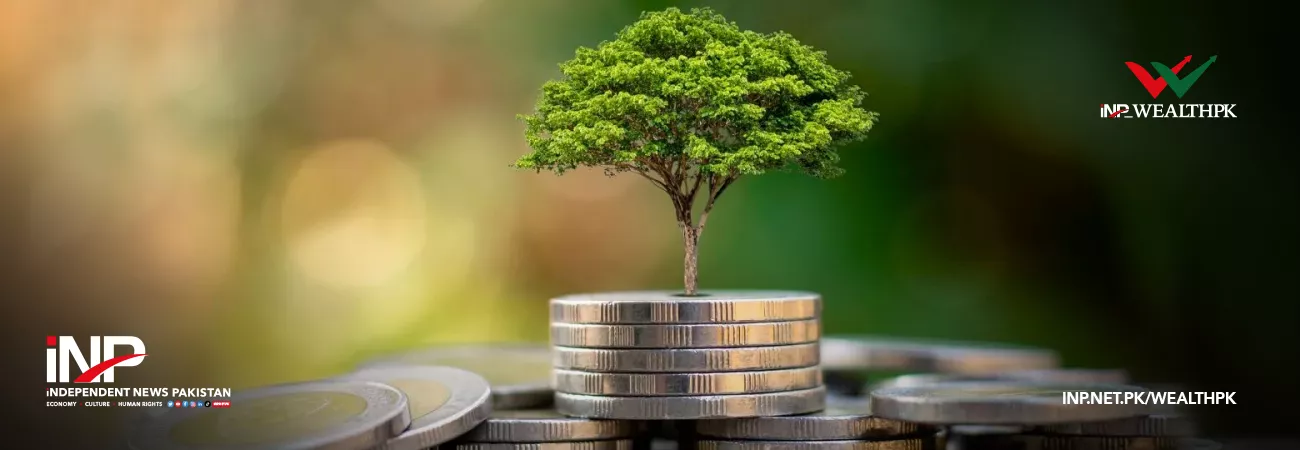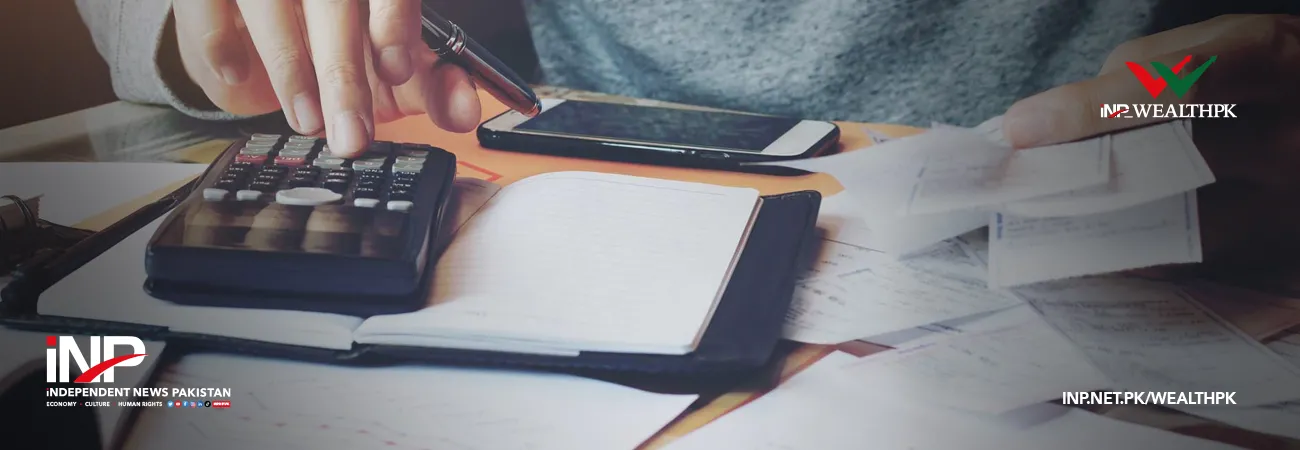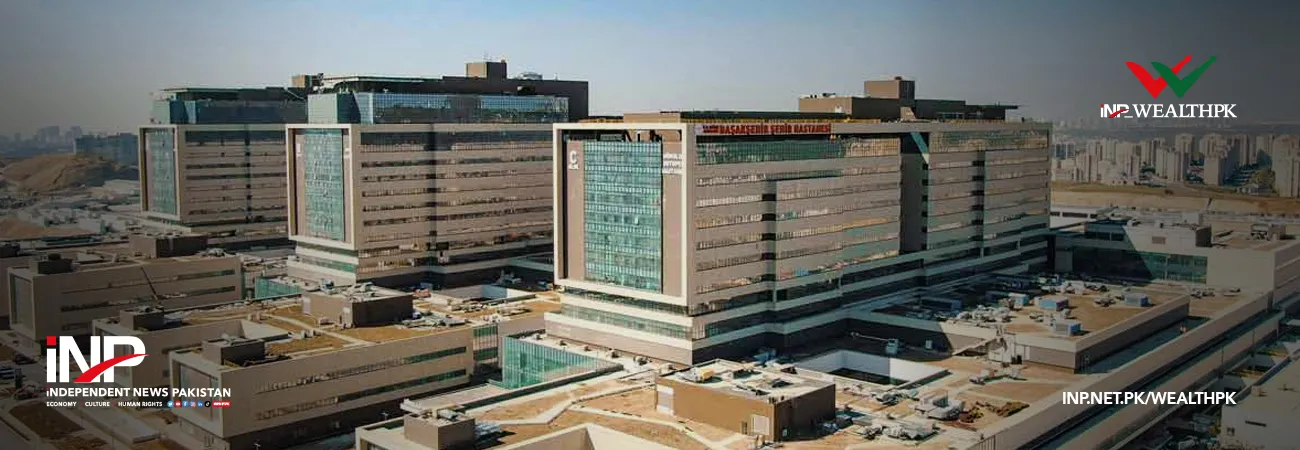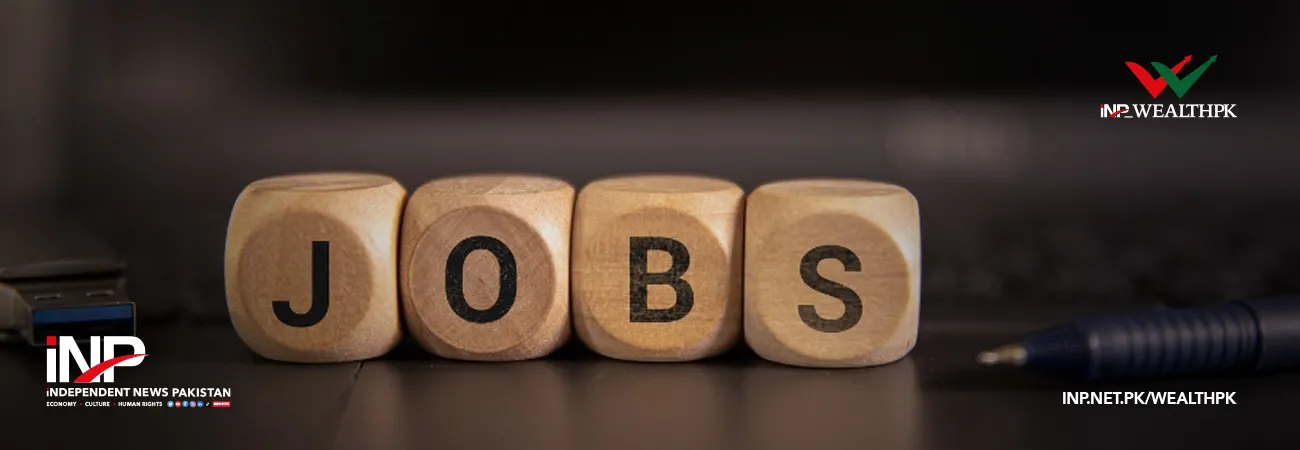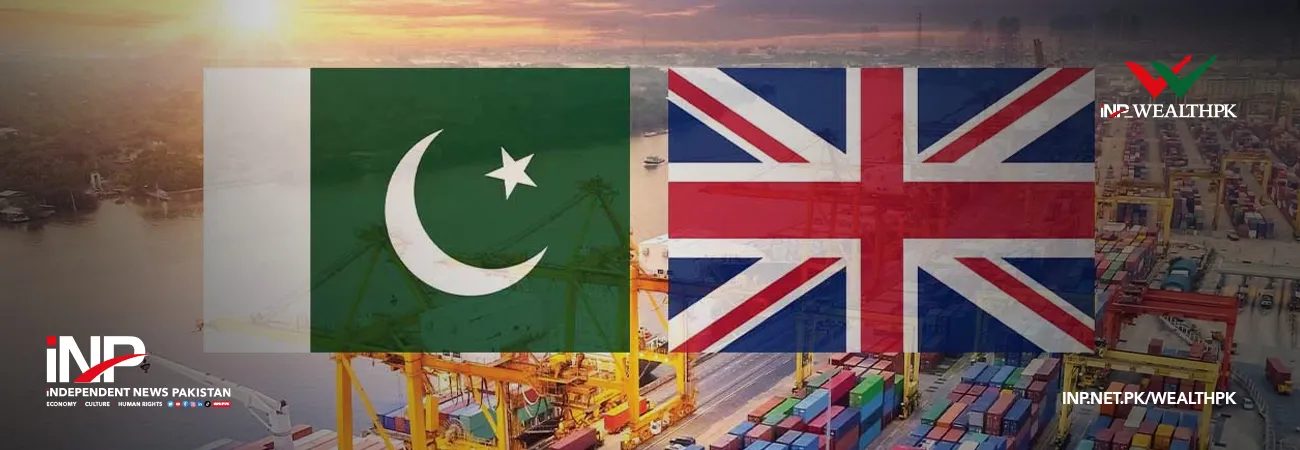INP-WealthPk
M Arsalan Ali
Pakistan needs to increase the ratio between its savings and Gross Domestic Product (GDP) to attract investment and ensure economic growth, WealthPK reports. Pakistan has the lowest saving-to-GDP ratio in the region, which leads to low investment and stifles economic growth. The rising inflation also has a negative impact on saving and investment.
Muhammad Zeeshan, a research fellow at the Pakistan Institute of Development Economics, told WealthPK that countries with higher rates of savings have faster economic growth than those with a lower rate of savings. Savings and investment play an instrumental role in the development of any country.
“Pakistan has the lowest total investment-to-GDP ratio in the region, primarily due to low domestic savings and high reliance on foreign direct investments. The investment-to-GDP ratio in Pakistan is around 15% while in India and Sri Lanka, it exceeds 30%,” said Zeeshan.
Data released by the World Bank shows that the gross domestic savings of Pakistan fell from 16.5% in the year 2000 to 5.7% in 2021. The gross domestic savings of India and Bangladesh increased from 24.3% and 20%, respectively, in 2000 to 29.3% and 25.3% in 2021.
Zeeshan said that the low saving-to-GDP rate in Pakistan shows the poor economic performance of the country as well as a lack of incentives for individuals and businesses to save money. He said that inflation has a negative impact on savings and investment because it reduces the purchasing power of people.
He said that high inflation makes investments less enticing. “Inflation leads to higher interest rates, which decreases the returns on certain types of investments and makes it more difficult for companies to predict their future costs and revenues. It makes investing in stocks and business less attractive,” he added.
The expert said that high inflation could also have an impact on the distribution of wealth. People who have assets such as property or stocks may see their wealth increase as the value of their assets rises with inflation. “Those people who rely on a fixed income such as pension and salary may see their purchasing power dwindle as the cost of goods and services increases. It can lead to a widening of income inequality,” said Zeeshan.
He said that the lack of a developed financial sector is another factor that causes low savings because people do not have access to formal banking services. “The country’s taxation system is not designed to encourage saving,” he added. He urged the government to take steps to improve the saving-to-GDP rate and address the economic issues that are preventing people from saving money. He added that the government should implement policies to control inflation, increase access to financial services and create more investment opportunities.
The expert said that encouraging foreign direct investment and domestic investment in key sectors of the economy could help to increase productivity and growth, which would in turn lead to higher savings. He said that by increasing public awareness and understanding of the importance of saving and investing, individuals and households might be able to save a larger portion of their income. “The issue of low saving-to-GDP rate in Pakistan must be addressed to ensure sustainable economic growth and stability,” Zeeshan told WealthPK.
Credit : Independent News Pakistan-WealthPk



